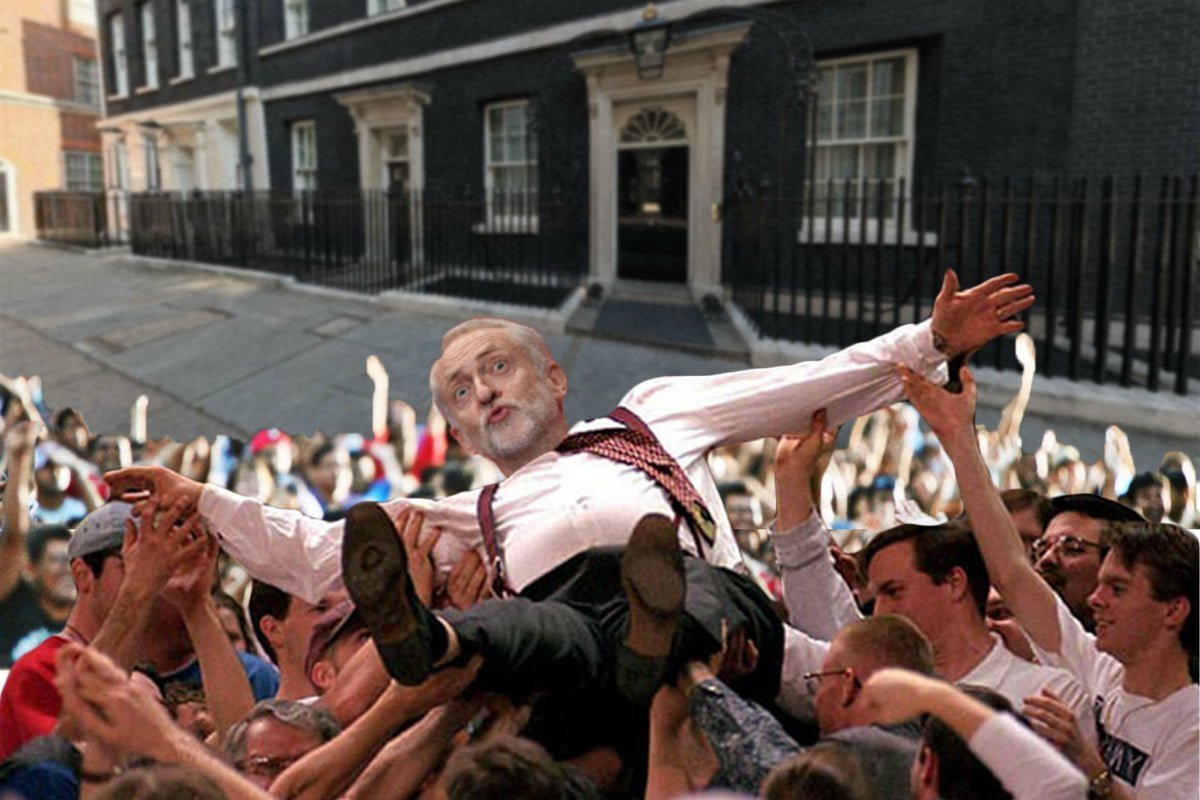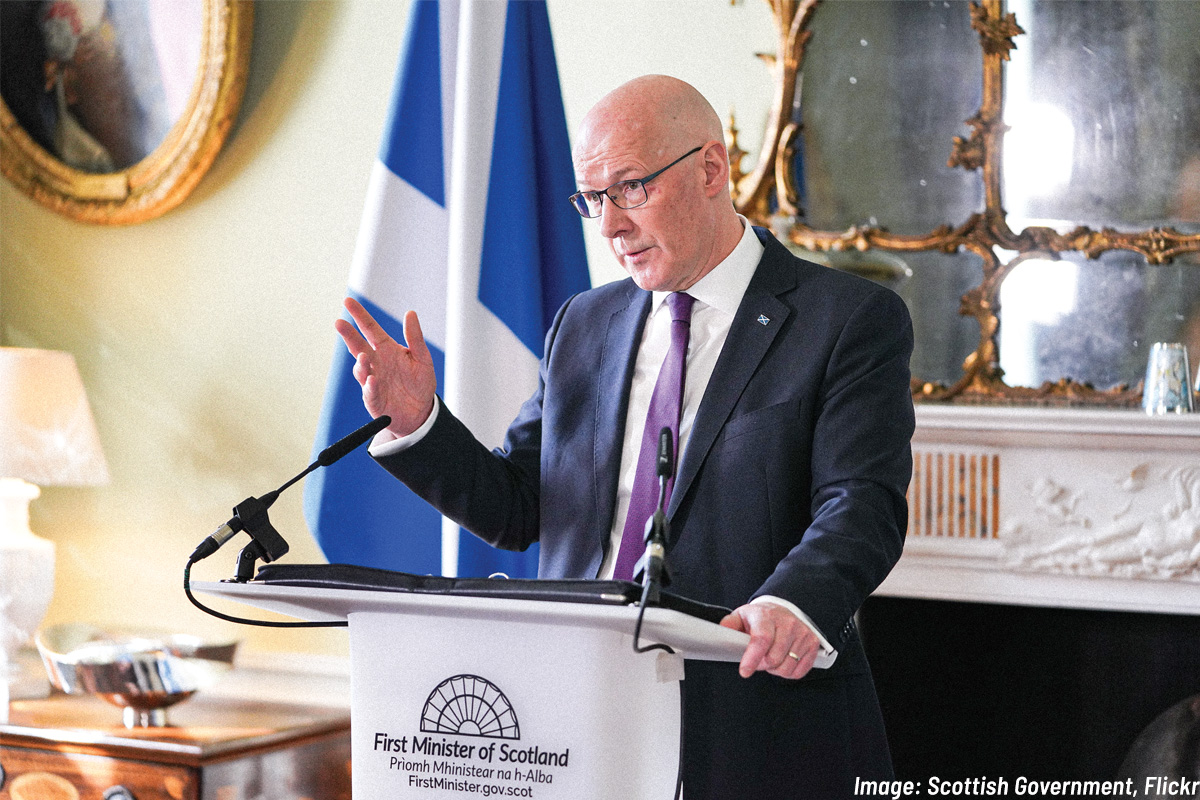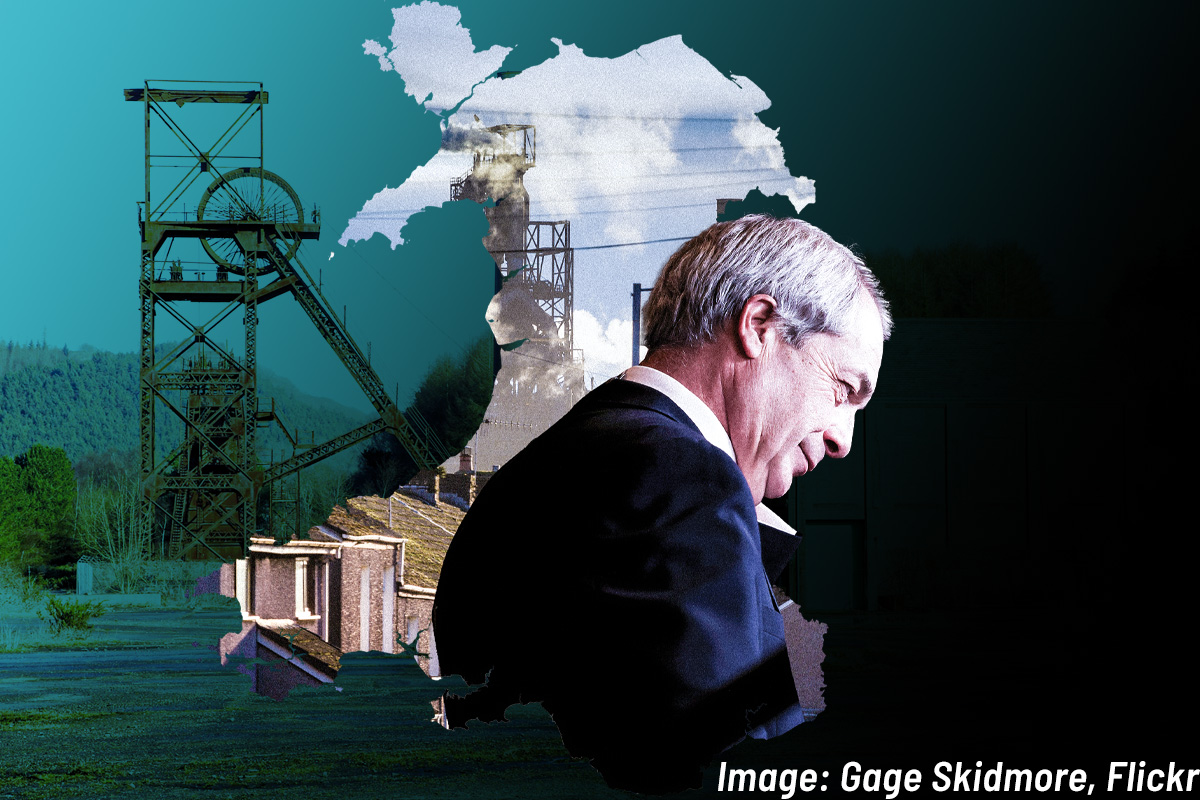Conservative elements within Labour’s ruling body are thwarting attempts to put more power in the hands of grassroots members.
Traditionally summer is a quiet period in UK politics, as Parliament goes on holiday and MPs head for the beach. In the last few years, however, this trend has been consistently bucked.
In 2015 we had the first Labour leadership contest, with the shock victory for the #JezWeCan movement. In 2016 there was the EU referendum, followed by the failed Blairite coup and another leadership race. And last year saw the snap election, with the inspiring Corbyn-led Labour campaign providing the commentariat with a result that none of them saw coming.
The latest “silly season” has proved no exception to this new rule in British politics. Trump’s visit back in July provoked a mass mobilisation of hundreds of thousands in response. Chaotic Brexit negotiations rumbled on. And the Tories continued to tear themselves to pieces.
But instead of taking advantage of the splits within the Tory Party and going on the offensive against May’s crisis-ridden government, Blairite MPs have spent the last few months ramping up their anti-Semitism smear campaign against Corbyn and the Left.
The Labour leadership has attempted to make significant compromises in order to calm the situation. Earlier this month, for example, the Labour National Executive Committee (NEC) agreed to adopt the full definition of anti-Semitism – including all 11 examples – provided by the International Holocaust Remembrance Alliance (IHRA).
But this appeasement – unsurprisingly – did not work. After all, allegations of anti-Semitism have only ever been a cynical stick with which to beat the Corbyn movement.
Mandatory reselection
 But as the cacophonous Blairite hysteria has escalated, calls to kick out the Labour right-wingers have grown louder also.
But as the cacophonous Blairite hysteria has escalated, calls to kick out the Labour right-wingers have grown louder also.
Responding to the pressure from below, for example, Momentum has come out in favour of shaking up the existing system for selecting Labour’s parliamentary representatives, backing calls for “open selections” of local candidates.
Yesterday’s pre-conference meeting of the NEC, however, has thrown a spanner in the works and left this question hanging.
Following a gruelling nine-hour long meeting, the recommendation that will likely go to conference from Labour’s ruling body is for a fudge that lowers the current ‘trigger ballot’ threshold, but which falls far short of mandatory reselection or an open selection process.
Most notably, the NEC proposal maintains the unions’ influence over candidate selections, with a reselection process being set in motion if backed by either 30% of local LP members or affiliated (e.g. union) members.
This will provide rank-and-file members with a greater chance of turfing out unrepresentative right-wing Labour MPs – but only if activists are well-organised on the ground locally.
Some welcome decisions were taken at this meeting, which was meant to discuss the outcomes of the almost year-long internal “democratic review” into party structures and processes. For example, the Welsh and Scottish representatives on the NEC will no longer be appointed, but elected.
But reports from left-wing NEC members indicate that many progressive reforms suggested by the review have either been watered down, kicked into the long grass, or swept off the table entirely.
This marks a missed opportunity to democratise the party. But there is still a chance for grassroots members to have their say at conference, where delegates will hopefully have the chance to debate (and vote for) motions calling for mandatory reselection.
Labour and the unions
 The NEC proposal that has caused most concern, however, is that of what requirements potential leadership candidates would have to meet to make it onto the ballot in future contests.
The NEC proposal that has caused most concern, however, is that of what requirements potential leadership candidates would have to meet to make it onto the ballot in future contests.
Given that Corbyn himself only made it through at the last minute in 2015 thanks to the (now much rued and regretted) generosity of a few right-wing Labour MPs, opening up this process should be a key question for the Left.
But more conservative elements of the labour movement – in particular, the leaderships of the unions – are afraid of the Pandora’s Box that might be opened by setting the bar too low.
With militant left-wing MPs like Chris Williamson becoming more vocal and gaining in popularity, the union leaders (who only reluctantly backed Corbyn in the first leadership election) are keen to maintain their grip in deciding who succeeds Jeremy.
The currently tabled proposal is that future candidates – to be further discussed and decided upon at the final pre-conference NEC meeting on Saturday – would have to gain the support of: 10% of Labour MPs (and MEPs); 5% of affiliated (union) members; and 5% of local Labour parties. This would provide both the Parliamentary Labour Party (PLP) and the big unions (such as Unite, Unison, and GMB) with a veto over any radical left candidates.
Alongside legitimate outrage over the trigger ballot proposal outlined by @skwawkbox, we shouldn’t underplay the significance of proposed changes to leadership elections. The proposed changes would effectively rule-out a Corbynite successor. Here’s why (1/)
— Michael Walker (@michaeljswalker) September 18, 2018
The role of the unions in the Labour Party is vital and should be defended. Those proposing breaking the link between the unions and Labour have historically come from the Blairite right or the sectarian left. But moderate union leaders must not be given the power to block rank-and-file activists from choosing socialist candidates.
For a socialist Labour government
 This therefore raises the important task of democratising the entire labour movement. The transformation seen over the last few years within the Labour Party needs to be taken into the unions as well, to ensure that we have leaders at all levels who support the fight for a socialist Labour government.
This therefore raises the important task of democratising the entire labour movement. The transformation seen over the last few years within the Labour Party needs to be taken into the unions as well, to ensure that we have leaders at all levels who support the fight for a socialist Labour government.
And – most importantly – we still need to clear out the den of thieves that is the PLP, which remains infested with careerists, providing an important Fifth Column for the establishment.
Already noises about a new ‘centre’ party are emanating from arch-Blairites such as Chuka Umunna, particularly over the issue of stopping Brexit in the so-called ‘national interest’.
When the time comes, the ruling class will blow their bugle and their representatives inside the Labour Party will begin marching to the beat of big business, splitting away to sabotage a left Labour government.
That is why the demand for mandatory reselection must remain at the fore. We need to complete the ‘Corbyn revolution’ inside the Labour Party, kicking out the Blairites and replacing them with genuine class fighters. We cannot let our movement be derailed by the malicious actions of these right-wing renegades.






